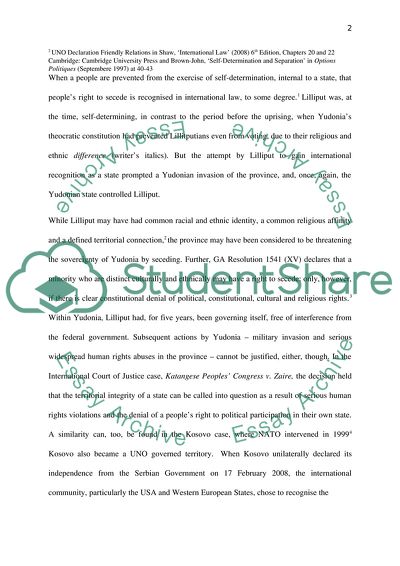Cite this document
(The Use of Military Force by Yudonia and Zackstralia Essay - 1, n.d.)
The Use of Military Force by Yudonia and Zackstralia Essay - 1. https://studentshare.org/law/1731525-international-law
The Use of Military Force by Yudonia and Zackstralia Essay - 1. https://studentshare.org/law/1731525-international-law
(The Use of Military Force by Yudonia and Zackstralia Essay - 1)
The Use of Military Force by Yudonia and Zackstralia Essay - 1. https://studentshare.org/law/1731525-international-law.
The Use of Military Force by Yudonia and Zackstralia Essay - 1. https://studentshare.org/law/1731525-international-law.
“The Use of Military Force by Yudonia and Zackstralia Essay - 1”. https://studentshare.org/law/1731525-international-law.


